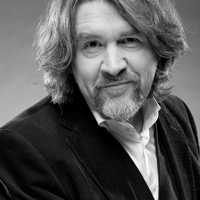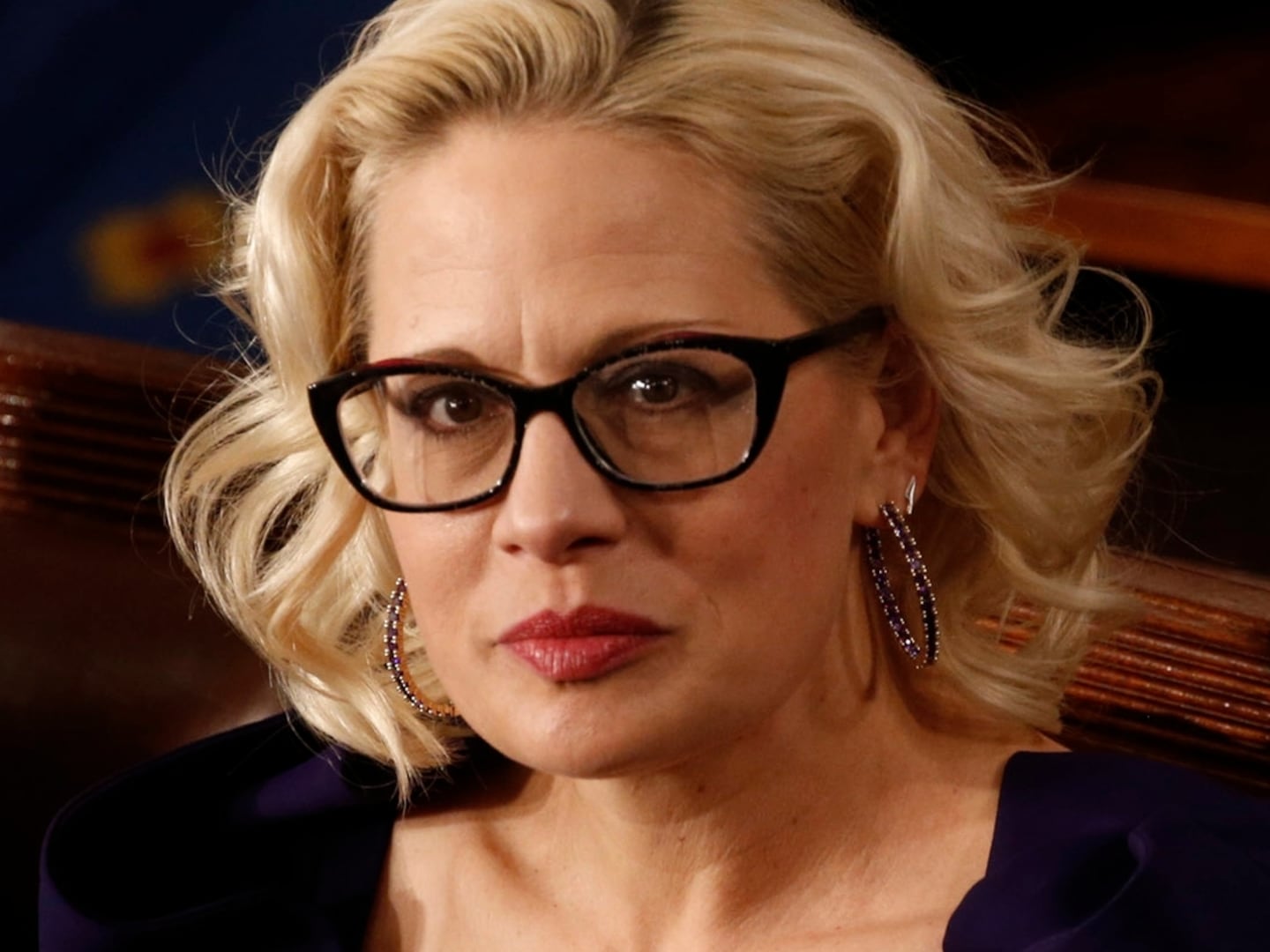Nicholson? The title of Marc Eliot’s latest movie star biography is counter-intuitive to say the least. Who but an irate headmaster ever referred to Jack Nicholson by his surname? Surnames, you can almost hear one of his infectiously insolent characters saying, are for assholes. For the past four decades and more, since he shot to fame in Easy Rider, he has been known to all and sundry simply as “Jack”. It’s an absurdly connotative name: Jack the lad, Jack of Hearts, Jack Daniels, jack a car, jack up, jack… well, you can fill in the naughtier bits yourself. The point is that Nicholson is “Jack” or he is nothing—and that even before opening “Nicholson” you suspect Eliot knows Jack about “Jack.”

Which is a tad unfair. As a glance through Eliot’s Notes and Sources shows, he’s read (and relied heavily on quotations from) the many biographies of Jack already published, as well as pretty much every lengthy interview Jack has granted journalists down the years. True, Eliot has talked to a few of his subject’s friends and colleagues, too, but few of them have anything ear-popping to relate. Aside from the late Karen Black’s revelation that despite their mutual attraction for one another she and Jack never got it together, the closest the book gets to a scoop is Mickey Dolenz’s recollection of how Jack, turned away from a Bahamian casino for being tie-less and shirtless, didn’t explode in fury but merely showed “patience and reasoning” and went quietly on his way. The nice man cometh.
Not that he hangs around long. No biography of Jack Nicholson could long skirt the issue of his prodigious appetites. The bulk of Eliot’s book is given over to envy-filled accounts of its subject’s down and dirty bad boy antics. Of Nicholson’s early days in Los Angeles, in the mid-Fifties, Harry Dean Stanton says he “always see[s] him with a cheap red wine on his lips”. There was more on them than that, though. Shacked up with a bunch of fellow wannabe stars in what Eliot gleefully relates was “the wildest house in Hollywood”, Nicholson spent his days and nights on “round-the-clock partying, drinks, drugs, sex, lots of tea (the smoking kind), and beautiful, hot, willing girls who loved to get just as high as the boys”. Bliss was it in that dawn to be a-jive. Still, even as wide-eyed an acolyte as Eliot ought perhaps have wondered whether the story of Nicholson’s having smoked 155 joints during the shooting of one scene of Easy Rider might be, like, you know, a little far out, man.
Indeed, perhaps without quite knowing it, Eliot shows that despite Jack’s tomfoolery with dope and acid and free love and all the other airheaded fantasies of the sixties counterculture, he was far from the living embodiment of the spirit of liberation. When, midway through his thirties, Nicholson learned that the woman he had always been told was his mother was in fact his grandmother, and that his sister was in fact his mother, he quipped “it’s a miracle that I didn’t turn out to be a fag”. Way to spearhead the sexual revolution, Jack. Later in life this “normally liberal” guy pronounced himself anti-abortion because otherwise “I wouldn’t exist”, an understandable —even pardonable—sentiment, though one that has no bearing on the issue in question.
Given his reputation as one of the movies’ major-league swordsmen, Jack was perhaps never going to be a cheerleader for the women’s movement. But on the evidence assembled here, he isn’t merely one of those guys that turned a blind eye to feminism. He turned his back to it, too. Directing his first movie, Drive, He Said (made in 1971, the high-water mark of feminism’s second wave), Jack insisted that what I will dignify by calling one of the story’s characters be naked in her every scene. “I was sick of convention”, he told a magazine reporter. “I just put a nude woman in for no reason”. Doubtless it is the same lack of rationale that prompts Playboy (the magazine that carried the interview) to fill its pages with pictures of similarly nude women.
Even shorn of all that gratuitous nudity, though, Drive He Said would be far from a masterpiece. Nicholson’s fatal self-indulgence—his fondness for the saltiest of ham—marked him from the off as a man unlikely to coax the best work from other actors. Not that you’d know it from reading Eliot, who apparently sat through the whole Nicholson oeuvre during the writing of his book, all the while making precious little of what he saw. Most of the time he is content merely to quote the opinions of the critics of the day on whatever movie is under discussion. The book is dedicated to the memory of the great American film scholar Andrew Sarris— “teacher, friend, critic, and historian” —but you will seek it in vain for an arresting insight or judgment.
Except, astonishingly, when it comes to Chinatown—by some measure the greatest picture Nicholson has starred in, and perhaps the greatest detective thriller ever made. For Eliot, though, Roman Polanski’s picture merely “plods along”—so much so that Eliot pronounces himself astonished when its writer, Robert Towne “of all people”, should win the Oscar for Best Screenplay. Each to his own, though the fact remains that Towne’s deliciously twisted, penetratingly intelligent, coruscatingly witty script is a textbook example of the well-structured narrative—and is used as a teaching module in film schools the world over.
But then Eliot, who seems to think The New Yorker’s Anthony Lane unique among movie critics for being “articulate,” is hardly in a position to pronounce on matters literary. His prose stops clunking only in order to solecise. We learn that while playing opposite Nicholson in Michelangelo Antonioni’s The Passenger, Maria Schneider was “as disinterested in the film as she was in Jack.” Eliot means uninterested, of course—while quite failing to register that Schneider’s wondrous ennui is crucial to the mood and meaning of Antonioni’s Heidgeggeresque meditation on existence.
Elsewhere we read that The Passenger is “Set in the background of the Chad civil war, a perfect metaphorical backdrop for this film, Locke comes a cross a dead body at his hotel”, a sentence whose inelegant repetitions, slipshod syntax, and rampant disconnects make it the perfect backdrop for a remedial English class on dangling participles. And talking of metaphors, how about these: “[Jack’s] arrowhead eyes always shot up his scalp when he smiled, the lines of his forehead like the striated edges of an eight-layer cake, his dark hair slicked back and shiny like the side of a ’58 Buick”. Imagine what he looks like on a bad day—a day spent reading this hideous, ham-fisted book, say.






